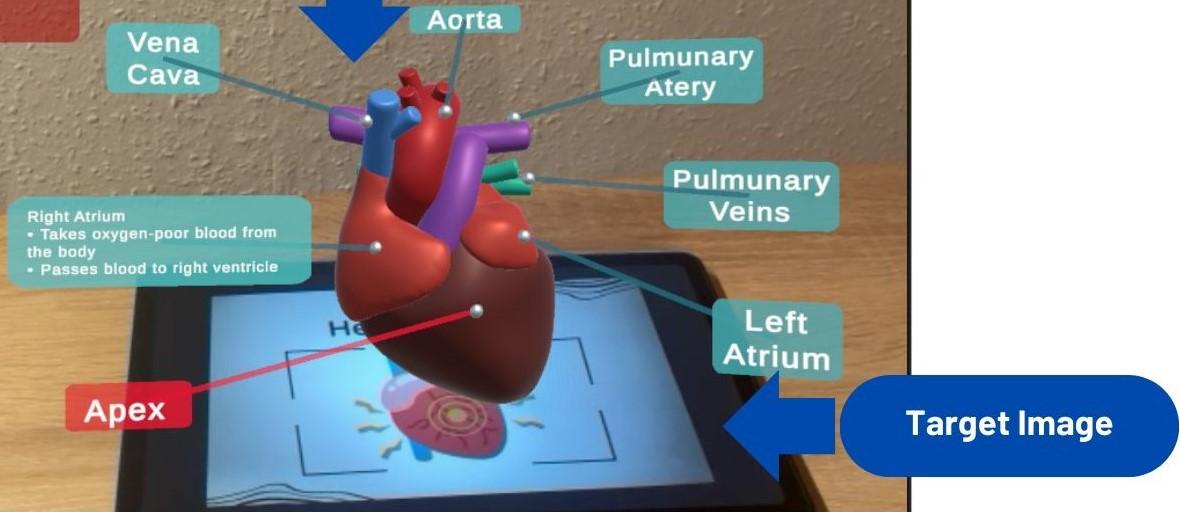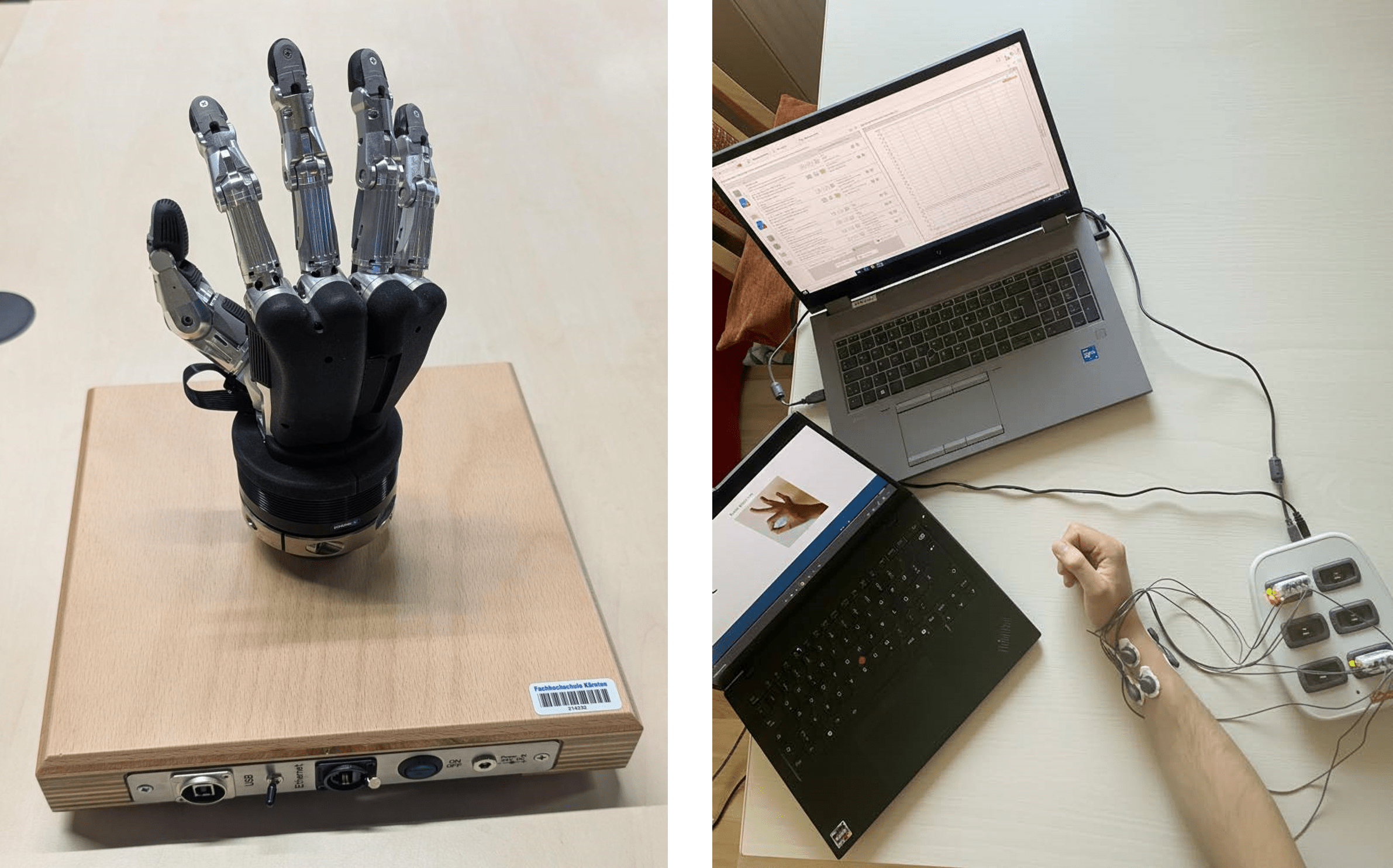Hi, I’m Christian Steinwender, a master’s student in Medical Engineering, fascinated by technology and the human mind.
Imagine that your thoughts could directly control the world around you. What once sounded like science fiction is rapidly becoming reality. A key part of this is the Brain-Computer Interface (BCI), a technology that enables the human mind to communicate directly with computers. In this blog post, I want to share a project I have been working on: A portable BCI that uses a Raspberry Pi and artificial intelligence to interpret brain waves in real-time and control virtual and real-world objects.
To give you a clearer picture of this system in action, I’ve prepared a short video. You will see me controlling a virtual plane on a display and a real drone by opening and closing my eyes.
So, how does it work?
The system focuses on Alpha (8-13 Hz) and Beta (13-30 Hz) rhythms. Alpha brainwaves become stronger when the person is relaxed, with eyes closed. On the other hand, beta brainwaves tend to be dominant when the person is awake, concentrating, or actively processing their surroundings with their eyes open. These differences form the basis for translating brainwaves into control commands.
For this project, a one-dimensional convolutional neural network (1DCNN) was implemented. One of the main advantages of this AI approach is its ability to detect patterns in time-series data (brainwaves). Furthermore, the 1DCNN can adapt to individual users by fine-tuning to their unique neural patterns.
The model receives EEG data and analyses the signals in real-time on the Raspberry Pi to detect whether the user’s eyes are open or closed.
The “eyes open” or “eyes closed” states are directly used by the system in “ascend” or “descend” flight commands. Building on this, the system sends control signals to a virtual plane and a drone at the same time. It shows how brain-computer interaction can seamlessly connect brain activity with digital and physical objects.
Seeing brainwaves directly control movements in the real world is quite a surreal experience. It’s exciting to think about the way this technology could support us in everyday life, and I’m grateful to be a part of its development.
Stay curious!
Christian



